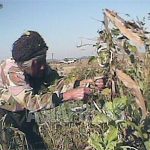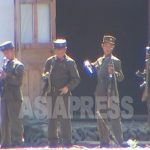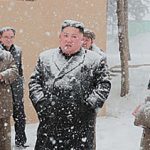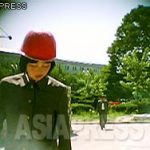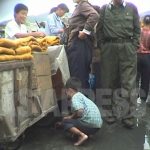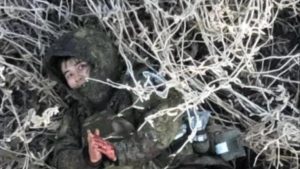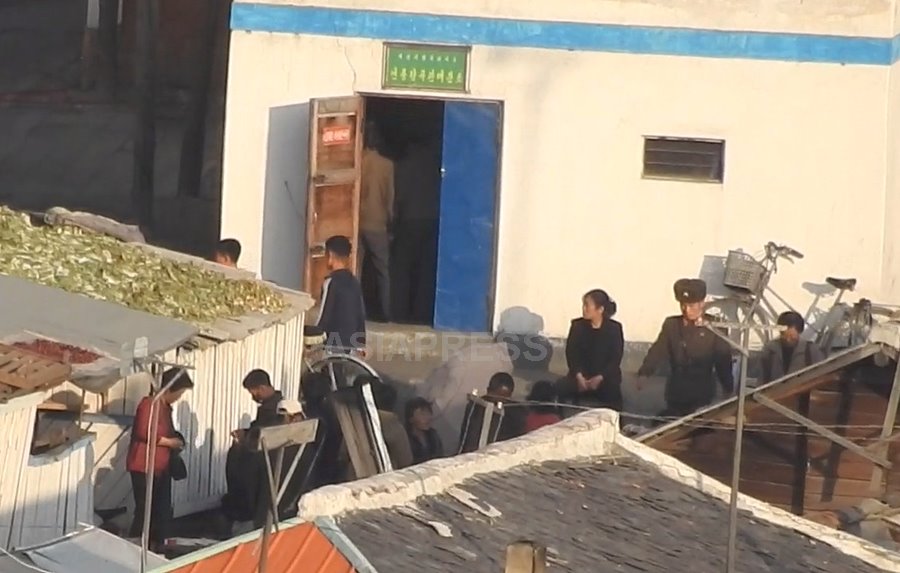
The Kim Jong-un regime is systematically strengthening state control over food distribution while accepting partial autonomy in food sales. It is taking a contradictory stance - introducing radical measures to allow limited legalization of food sales by individuals and farms, self-determination of prices, and even permission to export, while at the same time strengthening state-run food supply networks to maintain control.
◆ Limited Legalization of Food Sales by Individuals and Farms
A new term, "Agricultural Material Exchange Center," has appeared in reports from reporting partners and can be confirmed in recently revised North Korean laws. What exactly is this entity?
Article 11 of North Korea's "Grain Management Law," revised in 2021, states:
"...grain production institutions, enterprises, organizations and citizens may exchange or sell surplus grain left over after fulfilling the state grain procurement plan, as well as grain produced from non-arable land or garden plots or imported grain, through the agricultural material exchange centers in exchange for necessary agricultural materials."
This is a very significant change, as it legalizes, albeit in a limited way, the sale of surplus grain at the individual and farm level.
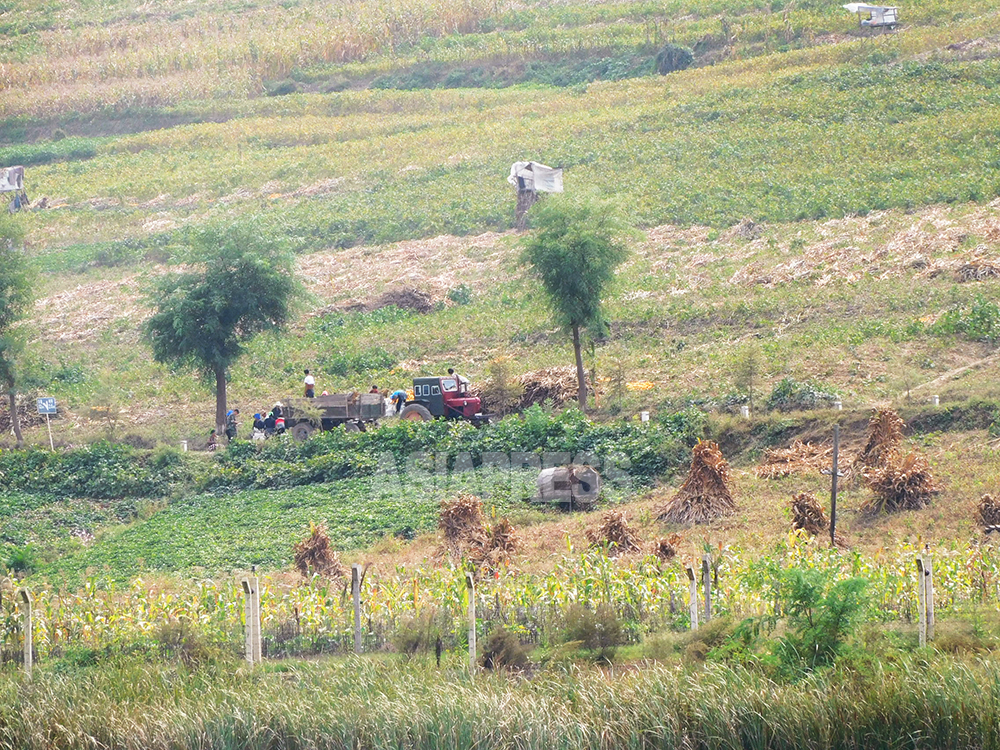
◆ Farms Can Now Set Prices and Even Export
The most radical change in Kim Jong-un's agricultural policy reform can be found in Article 61 of the "Agricultural Law":
"Agricultural products and sideline products produced according to farm indicators can be priced and sold independently to ensure cost recovery. In this case, self-determined prices must be registered with the relevant price authority."
※ Farm indicators refer to agricultural products produced according to the farm's own plans, separate from state plans.
Going a step further, Article 62 of the "Farm Law" now legally permits farms to export:
"Farms can export agricultural products, including industrial crops, through the relevant agencies."
※ Industrial crops refer to raw material crops mainly used for industrial purposes.
If these laws are applied in actual farming communities, farms are likely to operate according to market logic.
Up to this point, it might seem as if the state has abandoned its exclusive management of grain. However, the reality is quite the opposite. The Kim Jong-un regime has established a strong national food distribution network.
